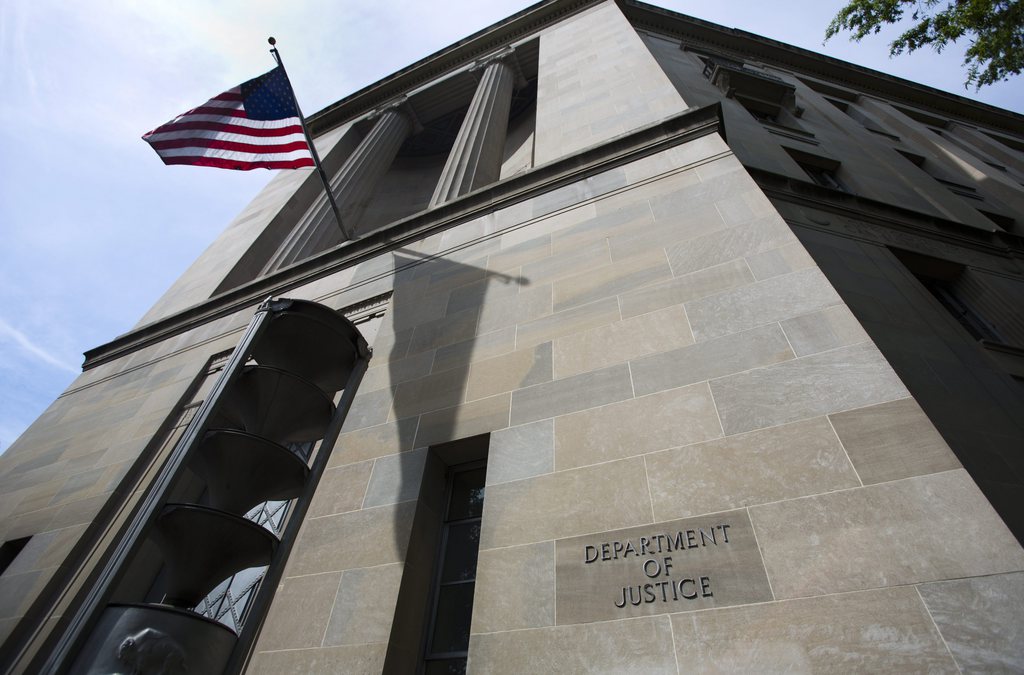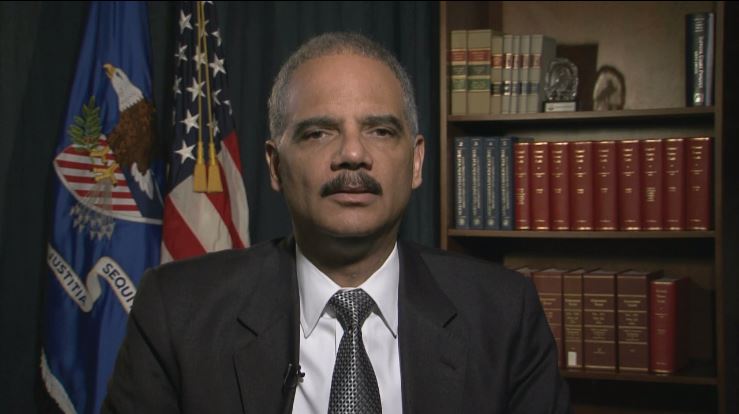
What we know – and don’t – in the Credit Suisse case

Credit Suisse is expected to soon reach a settlement with the United States Justice Department, pleading guilty to criminal charges for aiding tax evaders and paying an accompanying fine. But many elements of the proceedings remain unclear.
How did we get here?
In 2007, the UBS bank was fined $780 million by the United States authorities after admitting it aided and abetted US tax evaders.
In 2012, Switzerland’s oldest private bank Wegelin was indicted by the US Department of Justice (DoJ) for offering shelter to UBS’s US clients. The criminal probe led to Wegelin’s demise last year.
Around a dozen other Swiss banks, including Credit Suisse, are currently under active DoJ investigation. These are known as ‘category one’ banks under the terms of a Swiss-US deal brokered last August, and have to settle their disputes directly with the DoJ.
Credit Suisse appears top of the US hit list. In March, through a letter and a series of hearings, the US Senate put pressure on the Justice Department to extradite Swiss bankers accused of helping Americans evade taxes and to generally ramp up their efforts to prosecute banks like Credit Suisse. (see the letter at right)
More than 100 other Swiss banks, deemed less culpable by the US authorities, have signed up to a programme that gives them immunity from criminal prosecution provided they give up information on their US business.
What we know so far
The US investigation into Credit Suisse has found that as of 2006, the bank had 22,000 US customers with assets of more than $12 billion at their peak.
Canton Zurich records show that Credit Suisse formed a subsidiary company, CS International Advisors, in December 2013, into which it then moved all of its US cross-border business. Analysts say this move could have been made to diffuse the fallout from a guilty plea and fine.
“It has the earmarks of a structural step that somebody has thought of to try to protect the bank as a whole in the event that a guilty plea is required,” tax lawyer Scott Michel of the Washington firm Caplin & Drysdale told Bloomberg.
On April 30, Swiss President Didier Burkhalter issued a rare appeal to the US justice authorities, asking that they “respect the rules of fair play and the principle of proportionality” in dealing with banks.
Then, Swiss Finance Minister Eveline Widmer-Schlumpf flew to Washington on May 2 to meet US Attorney General Eric Holder. During the meeting, which had been rescheduled from April, the politicians discussed Swiss banks and the details of the banking programme, according to the Finance Ministry.
#SwissExternal link minister Eveline Widmer-Schlumpf asked the Attorney General Eric Holder to be "fair" with the Swiss banks today in DC
— Jean-Cosme Delaloye (@jeancosme) May 2, 2014External linkOn Monday, Holder said in his weekly video message that “no banks are too big to jail” and that his department will go after all big banks aiding tax evaders.

More
US Attorney General says no bank is “too big to jail”
What we don’t know
Several American media outlets – most prominently the New York Times and Wall Street Journal – have reported estimates of how much Credit Suisse will ultimately be fined, citing anonymous sources. Those estimates range from $1 billion to more than $3 billion. However, no concrete amount or agreement has been formally announced.
Breaking: U.S. close to securing guilty plea and settlement of more than $1 billion from Credit Suisse http://t.co/pJLtS82zowExternal link
— Wall Street Journal (@WSJ) May 5, 2014External linkFederal prosecutors want to confront the perception that Wall Street giants are "too big to jail" http://t.co/kbZpPlN3jKExternal link
— The New York Times (@nytimes) April 30, 2014External linkIt also remains unclear whether the Justice Department will charge Credit Suisse as a whole or its newly created subsidiary, CS International Advisers, or what the specifics of those charges will be.
Executives at Credit Suisse will be hoping that a negotiated settlement with the DoJ will exonerate them of personal criminal liability. Seven Credit Suisse employees, or former workers, have already been indicted, but most have yet to answer the charges.
It is unknown whether the US authorities will demand the names of tax evading Credit Suisse US clients. The Swiss government was forced to hand over some 4,500 UBS client names after the bank was successfully prosecuted in 2007.
Under the terms of the Swiss-US tax deal, signed in August 2013, the 300-plus banks in Switzerland will be arranged into four categories by the DoJ.
Group 1: The 14 banks already under active investigation for suspected tax evasion offences. These include UBS, Credit Suisse, Julius Bär, Pictet and the Zurich and Basel cantonal banks. Some Swiss subsidiaries of foreign banks are also included in this list, such HSBC and Israeli bank Leumi. Switzerland’s oldest private bank, Rahn & Bodmer was the last institution to be added to the category 1 list in September.
Group 2: Those banks that know or suspect that they have committed tax evasion offences in the US. By coming clean before the end of the year, these banks would avoid criminal prosecution but would be subject to big fines (see other box).
Group 3: Banks that have US customers but believe that they, and their clients, have complied fully with US tax regulations.
Group 4: Banks with very limited exposure to foreign clients – no more than 2% of total client base are non-local.
With input from Matt Allen

In compliance with the JTI standards
More: SWI swissinfo.ch certified by the Journalism Trust Initiative































You can find an overview of ongoing debates with our journalists here . Please join us!
If you want to start a conversation about a topic raised in this article or want to report factual errors, email us at english@swissinfo.ch.